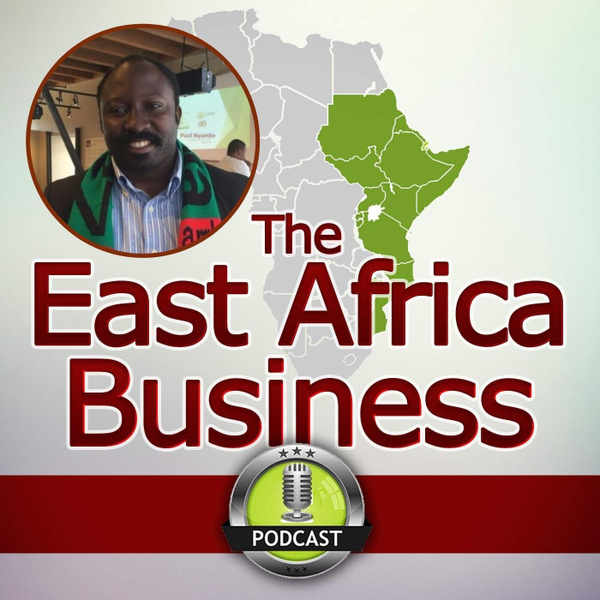
Why Zamgoat believes goats are the next big meat in Zambia (and the world), with Paul Nyambe
- S4E11
- 1:00:31
- October 31st 2019
In this second episode from Zambia, I speak with an entrepreneur who has found his niche and is fully focused on it.
Paul Nyambe grew up farming goats in rural Zambia. He and his family were unable to earn money from the animals which always struck Paul as frustrating.
Years later he built a career in food sales, specifically ice cream, which meant had relationships with large supermarkets and restaurants.
One noticeable thing missing from the menus and shelves was goat meat.
In 2012, Paul quit his job and started Zamgoat.
The vision is simple: to sell high-quality goat meat to the public.
In our conversation, we talk through various parts of the business such as the profit margin on a goat, the barriers to entry for getting a goat in supermarket aisles, and the reasons why Paul is so positive that goat products are the next big thing for consumers around the world.
We also chat about the potential for more value creation in goat products, such as making rugs from goat skins and various other products.
If, on the off chance, you happen to know someone who'd be interested in advising Paul in this regard, please let me know via the contact form on the podcast website - www.theeastafricabusinesspodcast.com
READ MORE AT:
https://theeastafricabusinesspodcast.com/2019/10/31/why-zamgoat-believes-goats-are-the-next-big-meat-in-zambia-and-the-world-with-paul-nyambe
The East Africa Business Podcast: African Start ups | Investing | Entrepreneurship | Interviews
A podcast interviewing entrepreneurs and business leaders in the emerging market of East Africa. Host Sam Floy showcases companies operating across Kenya, Rwanda, Uganda, Tanzania and Ethiopia. Find conversations with companies ranging from solar power and food production to smoothies and toothpicks.